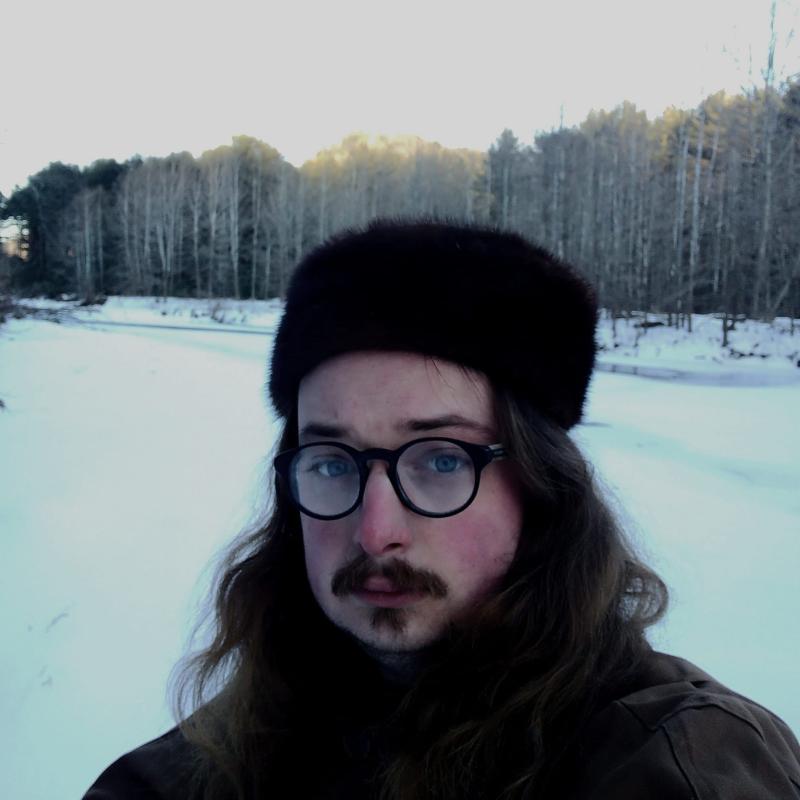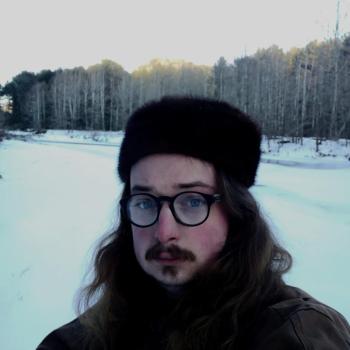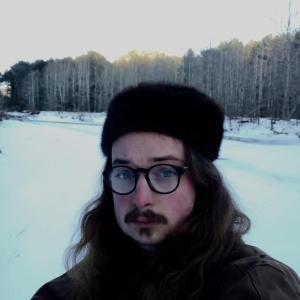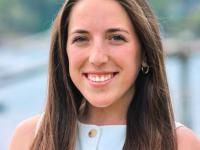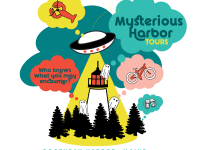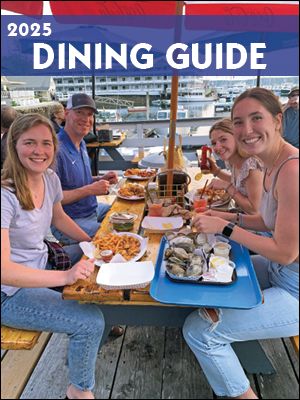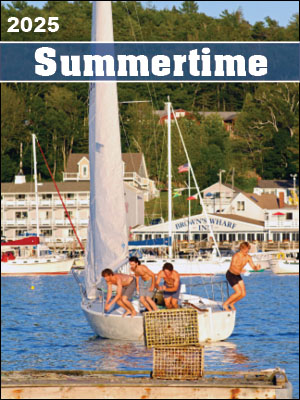Southport inspires new book on music theory
How do we define music? Do we point to the fundamentals like melody, harmony and rhythm? Or do we dig up the phrases our elementary school music teachers used to help us remember the music notes each line represents on a scale (Every Good Boy Deserves Fudge)?
“That definition of music applies only to a very small subset of musical cultures around the globe,” explained James Kopf, author of the upcoming book, “Phenomenology, Soundscape, Music: A Fragmentary System of Resonance and Echo.” The text aims to expand the Western understanding of music by examining unconventional instrumentation, natural sound and differing cultural traditions from around the world. The release date is Nov. 14.
A portion of Kopf’s eight-year project came to fruition while visiting his mother, Sigrid, in Southport. Kopf spent hours appreciating the region’s landscape: Hiking on Barters Island or taking in the sweep of the Atlantic. The ocean’s irregular wave patterns inspired the book’ssubtitle, “fragmentary system.” “That really got me thinking about how almost anywhere we are, the sound cannot be regulated, there will always be some sort of chaotic interference.”
While it may sound complicated, many may already be familiar with the concepts Kopf’s book explores. Unconventional instruments have become a staple of modern music with the 20th century rise of sampling and synthesizers. “We've really sort of exploded the idea of what can and cannot be an instrument.”
Natural sounds can be as simple as the added harmony bird song brings to the background of a live concert recording or tuning in to the sonic environment of a place. A recent (and famous) example of the latter would be the weeks that composer Hans Zimmer spent in the Utah desert to inform the soundtrack for the desert-based “Dune” movies.
Kopf’s examination of music traditions extends from India to Papua, New Guinea and everyplace in between, but as he sketches out their differences from Western principles, he explains that each culture has a shared system of “resonance and echo.” People take the sounds that surround them, whether it's other music or nature, and partially reproduce them to make their own music. “It's kind of (like) echoes talking to each other.”
It’s currently a waiting game for Kopf until the book’s release buthe’s enjoying his time off by teaching as an assistant German professor at Lehigh University in Pennsylvania. He also already has his sights on another book: A translation of an early German work on how people engage with landscape paintings, a topic he feels has relevance to the region as a place known for inspiring visual artists.
The impact it had on Kopf earned the area a place in the book’s acknowledgments.
“I want people to engage, or think about engaging, with their sonic environment as something deserving of analysis, especially in a place that has as rich a sonic environment as the Boothbay region.”
Kopf will host an author talk at Southport Memorial Library, and donate a copy of his book to the library's collection. Date forthcoming.

